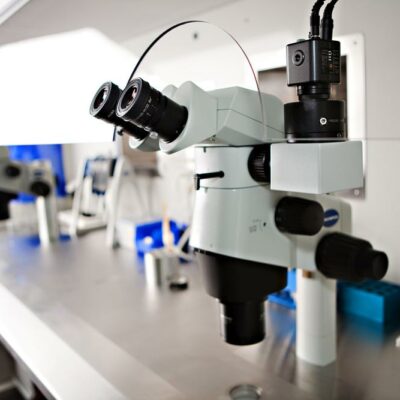
Breast Cancer Overview – Types, Stats, Prevention, Symptoms
Breast cancer is one of the leading causes of cancer death. An estimated one in eight women in the country will develop breast cancer, making it the most common form of cell mutation. In cancer, cells generally tend to grow out of control to form a tumor. Ductal carcinoma is a common type of breast cancer.
Read More 







